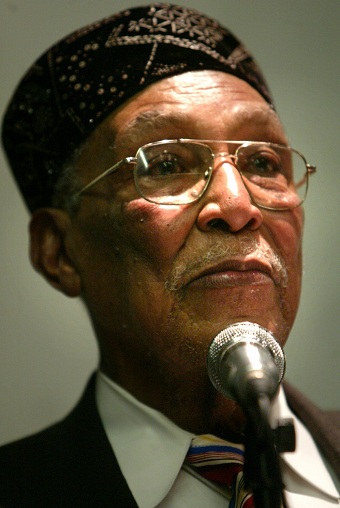Family to Receive $1.5M+ in First-Ever Vaccine-Autism Court Award


The first court award in a vaccine-autism claim is a big one. CBS News has learned the family of Hannah Poling will receive more than $1.5 million dollars for her life care; lost earnings; and pain and suffering for the first year alone.
In addition to the first year, the family will receive more than $500,000 per year to pay for Hannah's care. Those familiar with the case believe the compensation could easily amount to $20 million over the child's lifetime.
Hannah was described as normal, happy and precocious in her first 18 months.
Then, in July 2000, she was vaccinated against nine diseases in one doctor's visit: measles, mumps, rubella, polio, varicella, diphtheria, pertussis, tetanus, and Haemophilus influenzae.
Afterward, her health declined rapidly. She developed high fevers, stopped eating, didn't respond when spoken to, began showing signs of autism, and began having screaming fits. In 2002, Hannah's parents filed an autism claim in federal vaccine court. Five years later, the government settled the case before trial and had it sealed. It's taken more than two years for both sides to agree on how much Hannah will be compensated for her injuries.
Read Sharyl Attkisson's 2008 report on Hannah Poling
In acknowledging Hannah's injuries, the government said vaccines aggravated an unknown mitochondrial disorder Hannah had which didn't "cause" her autism, but "resulted" in it. It's unknown how many other children have similar undiagnosed mitochondrial disorder. All other autism "test cases" have been defeated at trial. Approximately 4,800 are awaiting disposition in federal vaccine court.

Time Magazine summed up the relevance of the Poling case in 2008: ...(T)here's no denying that the court's decision to award damages to the Poling family puts a chink -- a question mark -- in what had been an unqualified defense of vaccine safety with regard to autism. If Hannah Poling had an underlying condition that made her vulnerable to being harmed by vaccines, it stands to reason that other children might also have such vulnerabilities."
Then-director of the Centers for Disease Control Julie Gerberding (who is now President of Merck Vaccines) stated: "The government has made absolutely no statement indicating that vaccines are a cause of autism. This does not represent anything other than a very specific situation and a very sad situation as far as the family of the affected child."














